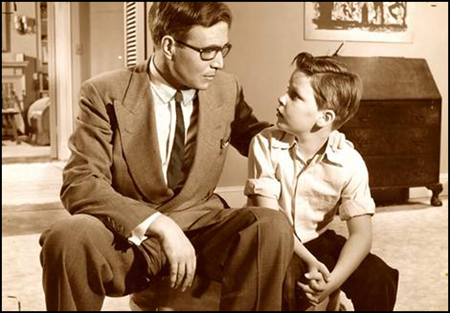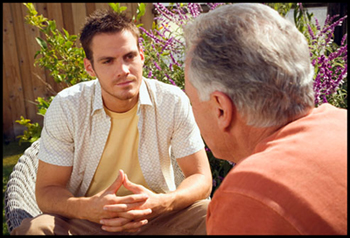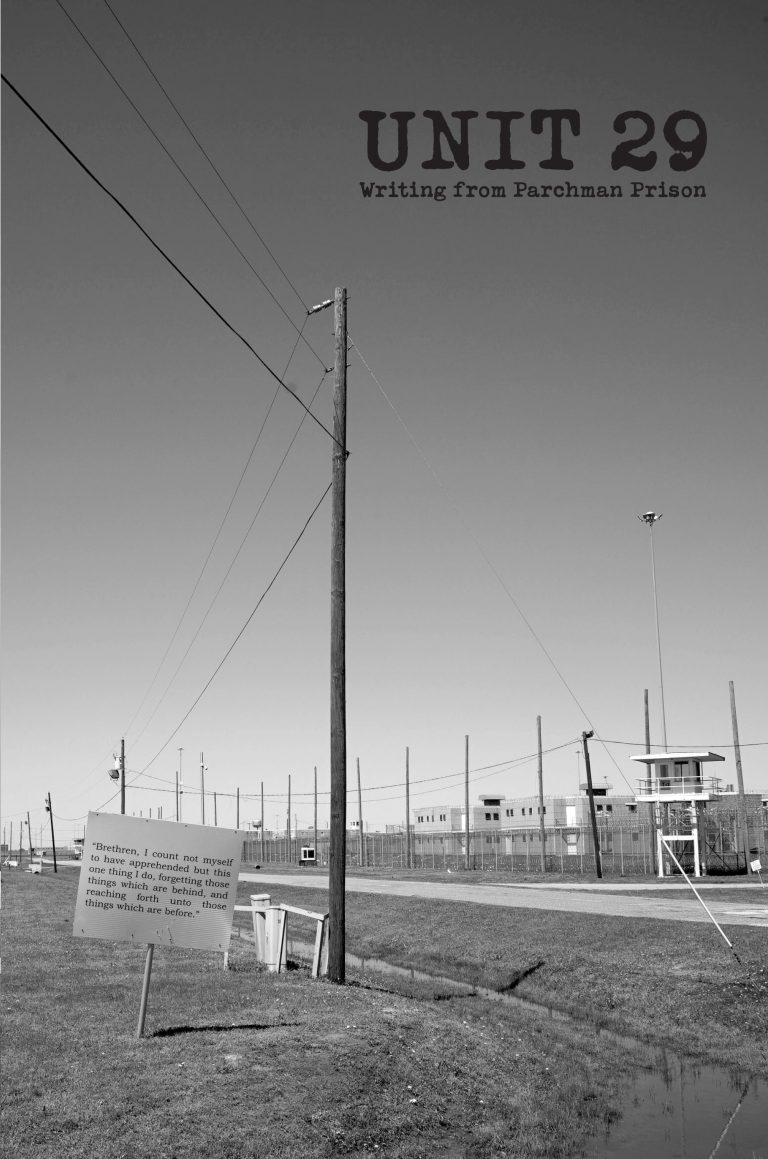 Recently I had a conversation with a friend of mine about his father. It was the eve of his father’s 70th birthday. Actually, he did the talking and I listened. He spoke somewhat critically of his father. Not with any real enmity. It was more like he was expressing a sense of frustration that he didn’t get along better, a little easier, with his father. I sympathized with him one-hundred percent.
Recently I had a conversation with a friend of mine about his father. It was the eve of his father’s 70th birthday. Actually, he did the talking and I listened. He spoke somewhat critically of his father. Not with any real enmity. It was more like he was expressing a sense of frustration that he didn’t get along better, a little easier, with his father. I sympathized with him one-hundred percent.
 My father died seventeen years ago, which means I’ve had a lot of time to think about why we were not as close as we both would have liked. Setting aside my own shortcomings for the moment, I’ve come to believe that a big obstacle to an easier relationship between us was my father’s reluctance, or inability, to let his hair down, so to speak, and simply be himself with me as I came of age.
My father died seventeen years ago, which means I’ve had a lot of time to think about why we were not as close as we both would have liked. Setting aside my own shortcomings for the moment, I’ve come to believe that a big obstacle to an easier relationship between us was my father’s reluctance, or inability, to let his hair down, so to speak, and simply be himself with me as I came of age.
I’ve heard it said that when a child reaches a certain age it is up to the parent to adjust his or her role from being a parent to something more along the lines of an equal. That sounds right to me. No doubt it is easier said than done.
I’m reminded of a very funny essay by the Montana novelist, Tom McGuane, about his relationship with his oldest son. At the time the essay was written, McGuane’s son was something like 35-years-old. Yet whenever he visited his father, McGuane the elder had to practically bite his tongue so as not to order him about like an inept ten-year-old. McGuane knew that his old relationship with his son should have been history. But he couldn’t help but see him through the old lens as a boy still in need of fathering by rote. The joke, which was on McGuane, was that he was the one who needed the reassurance of an outdated role, not his son. The father/son merry-go-round never stops.
 Until the day he died, whenever I talked to my father long-distance on the phone the conversations were a one-way street. Usually with him saying something like, Are you changing the oil in your truck, etc. Things I not only no longer needed to hear, but which I also did not appreciate. I was 40 years old.
Until the day he died, whenever I talked to my father long-distance on the phone the conversations were a one-way street. Usually with him saying something like, Are you changing the oil in your truck, etc. Things I not only no longer needed to hear, but which I also did not appreciate. I was 40 years old.
It seems to me this crutch of acting the parent beyond the chronological pale goes hand-in-hand with the disinclination on the part of the parent to actually listen to one’s son or daughter as they grow up, especially through the teen years.
I remember the day I realized my father had never really listened to what I had to say, and the impact it had on me. I was in my early 20s, possibly 21, and I’d just returned home from a summer of hitchhiking around the country. I had hitchhiked down into Florida and through the South, on into Texas and the great Southwest. I divided my time between bushwhacking and camping out in National Parks and Forests and Wilderness Areas and staying in motels, or crashing in people’s homes who were kind enough to invite me. I spent a lot of time in New Mexico and Arizona, and like a lot of people I fell in love with that magical part of the world.
So there I was, sitting in the living room with my father, proudly telling him of my adventures, all the new things I’d seen and done. When hardly had I begun my story he interrupted me and began lecturing me on some unrelated business. Like a thunderbolt it hit me: I realized he had never once listened to anything I’d ever said to him that was important to me. After the shock of this discovery, I was so angry that I swore to myself I would never share anything of importance in my life with him again. And I stood up and walked out of the room. It’s a vow, I’m ashamed to say, I kept for years until I realized what an immature, unfair ploy it was and the damage it had done to us both. As the saying goes, it takes two to tango.
In high school I had a friend named Joe Morris. There were nine Morris children. Joe’s father was from Georgia, a Southerner to the bone. He ruled his household with an iron, but gentle, hand. The children, including Joe, tiptoed around their father at night as he sat in his easy chair, reading the day’s newspapers and sipping his bourbon and branch. Mr. Morris wrote for the New York Times as the chief Washington correspondent and his byline appeared regularly on its front page. He was a big man. And I don’t mean fat. Joe’s oldest brother was an All-Pro center for the then-Boston Patriots and later the Detroit Lions.
During my senior year when I would stop by to hang out with Joe on weekends, Mr. Morris would invite me in, sit me down, look me in the eye, and ask me, Where did I want to go to college? What did I want to study? What did I want to do with my life? The first time this happened I was stunned. It was the first time in my life an adult had spoken to me as an equal, with a real interest in hearing what I had to say. I didn’t know how to respond, how to act. I’d never been asked to express who I was by an adult before. Certainly not by my parents or my teachers. They were too busy playing their roles. And here was Mr. Morris, a true man’s man, listening to what I said as if it counted. It was a heady experience.
 The thing about not being treated seriously by adults when young is it pushes you away from wanting to be an adult because adulthood is seen as a mask worn by people to hide behind.
The thing about not being treated seriously by adults when young is it pushes you away from wanting to be an adult because adulthood is seen as a mask worn by people to hide behind.
It’s true my father wasn’t only unforthcoming with me. I never knew him to have a friend in his adult, married life. He’d given up drinking about the time I was born, I was told, and his life centered exclusively on work (law enforcement and security) and home. Both my mother and father were absolutely invested in being parents, to the extent that they neglected each other emotionally.
I realize I sound like a complete jackass criticizing my father when stacking the criticism against all the incalculable acts of sacrifice and love he endowed me with for all those years. All the doctor bills and grocery bills and education bills and mortgage payments and on and on and on. Especially when you think of what can—and does—befall defenseless children born into this Vale of Tears.
Is it wrong to have wanted a perfect father? Probably. It has occurred to me that by some immutable law of the universe I got the father I deserved, and my father got the son he deserved. When I was a little boy I certainly believed he was perfect. Especially the summer day he answered me, Yes, he could whip comic strip strongman Joe Palooka, with one hand tied behind his back.
There’s a song by the great Texas troubadour Guy Clark, “The Randall Knife,” a beautiful valentine to his late father. In it he sings a simple line, a lyric that I’d be proud to sing with him: My father was a good man.



Jimmy,
Great article, extremely eye opening.
I’ve learned a lot from it and I hope to remember not to make the same mistake when your great nephew becomes an young adult.
All the Best
Tommy